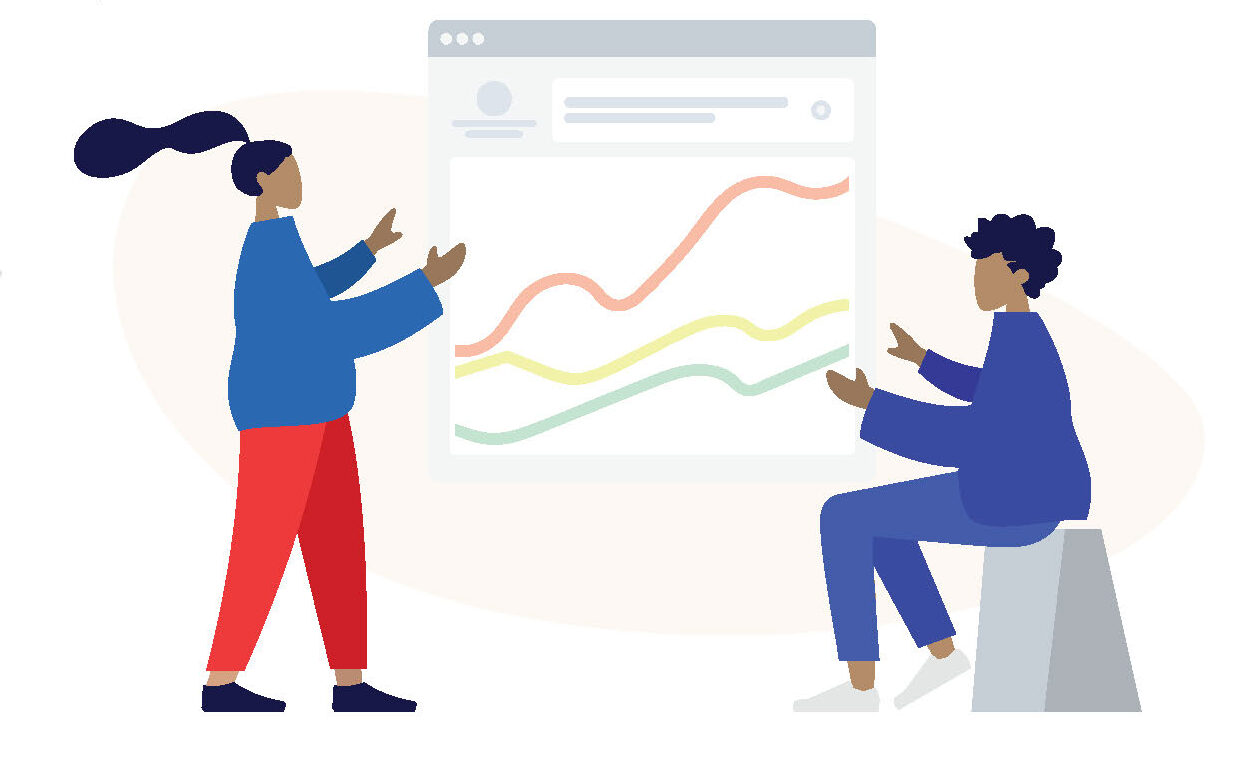Income and economy
All things being equal, economic growth is good for wellbeing. But this is not automatic and can miss other things that matter. GDP is the fifth biggest driver of difference between high and low wellbeing countries. Growth gives us choices but is no guarantee of wellbeing. It is clear that:
- The higher our income the less influence an increase has on our wellbeing and we get used to increases (we adapt). For example, £10 makes a much bigger difference to someone on minimum wage compared to someone already earning £35,000 a year. This means we need to balance with other sources of wellbeing.
- We feel loses more than gains – You lose more wellbeing from a fall in income than you gain in wellbeing from an equal rise in income.
- Our perception of other people’s wealth, relative to our own, makes a difference to how we rate our wellbeing.
- Expenditure has a greater impact than level of income alone.
- There is no clear relation between average rate of economic growth and average employment rate. It is clear that unemployment has surprisingly big impacts on wellbeing, similar to that of bereavement and larger than can be explained by loss of income alone; and that we do not adapt, or get used to, being unemployed.
Community levels of deprivation matter for our individual wellbeing, over and above our own personal situation.
People
-
Nancy Hey
Comparing between countries we see that higher average national incomes tend to have higher average life satisfaction scores. But this is not true within a country.
In 2018 the government updated the Green Book guidance for how to appraise and evaluate policies, projects and programmes, giving greater prominence to wellbeing, stating, “Economic appraisal is based on the principles of welfare economics – that is, how the government can improve social welfare or wellbeing, referred to in the Green Book as social value.”
See guidance on using wellbeing in policy and appraisal.




